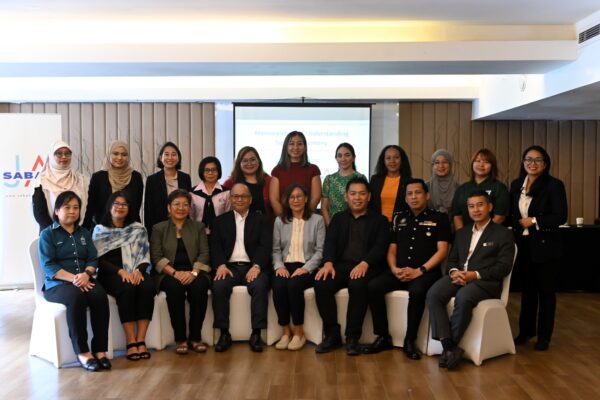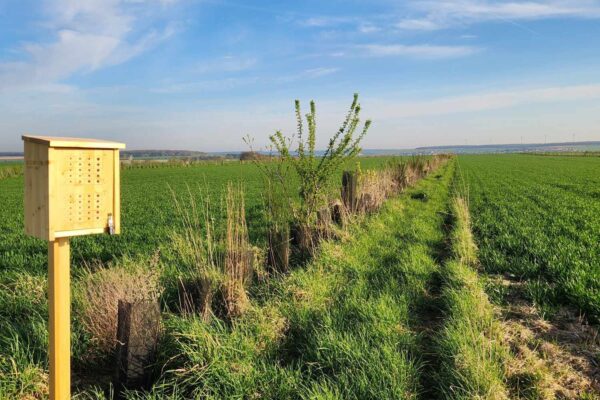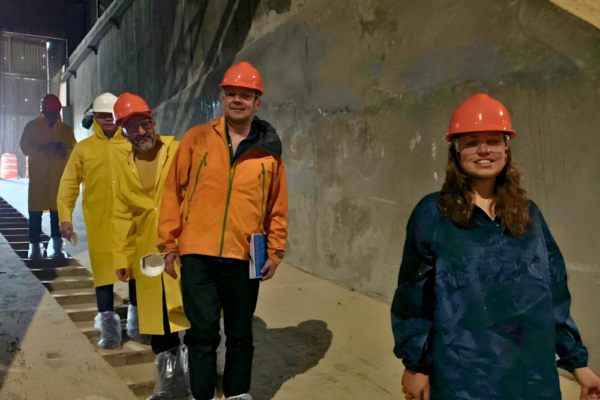Whether it's on our plates, in our bathrooms or in our pharmacies, soy is everywhere. In human food, it is used in soy milk, tofu and soy sauce, and is an ingredient in many processed products such as protein bars and vegan meat substitutes. Its oil is used both in cooking and in the cosmetics industry for the manufacture of moisturizing creams and hair products. Even the pharmaceutical sector exploits its virtues: soy isoflavones are included in certain food supplements for their beneficial effects on hormonal health.
However, although soy is part of our daily lives, it is primarily intended for animal feed. Almost 80% of global production is used to feed livestock, particularly poultry, pigs and cattle, which means that it is also indirectly hidden in the meat, eggs and dairy products we consume.

NGOs and scientists are warning of the devastation caused by intensive soy farming, particularly in Latin America. Its production contributes to massive deforestation and the destruction of unique natural ecosystems such as the Cerrado and the Amazon. Some regions, which are reservoirs of biodiversity, are being destroyed to make way for crops such as soy. Deforestation releases significant amounts of carbon stored in trees and soil, thus contributing to climate change. The expansion of soy cultivation can also lead to land grabbing, causing tensions and population displacement.
Faced with these challenges, French market players have taken concrete measures. Since 2021, the Manifeste Soja brings together companies, NGOs and public authorities committed to responsible sourcing. To guarantee soy without deforestation or conversion of natural ecosystems, Earthworm Foundation has developed the methodology ZDC (Zero Deforestation and Conversion). This approach guarantees that the soy has no link to deforestation or the conversion of ecosystems, whether legal or illegal, after 1 January 2020.
In 2024, a partnership between the Earthworm Foundation, Coopérative U, E. Leclerc and the Groupement Mousquetaires made it possible to further mobilise the sector. The partnership aims to analyse a cargo of 60,000 tonnes of soy meal from four southern Brazilian states (Mato Grosso, Mato Grosso Do Sul, Paraná and Rio Grande Do Sul), known for their soy production and the presence of fragile ecosystems such as the Cerrado. The partnership also aims to prepare for implementing the European Regulation on Deforestation (EUDR).


For the first time, the analysis involved several port operators. This collaboration paved the way for the implementation of the EUDR through the launch of a working group with the operators to discuss the management of deforestation-conversion risk at the port level. It also improved the understanding of supply chains in southern Brazil.
Earthworm Foundation, emphasizes the importance of this initiative: ‘The ZDC methodology makes it possible to verify that soy is not at risk of deforestation before being exported to Europe. It also makes it possible to create a link between the upstream sector - Brazilian traders and operators - and the downstream sector - distributors and industries. This makes the entire supply chain more responsible and maximizes the long-term impact.’
The Mousquetaires Group reiterates the commitment of its brand: ‘As the leading cause of imported deforestation, soy is one of our priorities. We have signed the manifesto for responsible soy and, since 2020, have been contributing to awareness-raising, transformation and monitoring actions, in coordination with Earthworm.’
On behalf of E. Leclerc, the group states: ‘E. Leclerc is committed to responsible soy sourcing and actively supports joint initiatives such as this pilot project that transforms value chains. Through this learning-rich work, we are working towards greater transparency in the supply chain and deforestation-free sourcing.’
Finally, Coopérative U states: "Soy is one of the main drivers of deforestation. At Coopérative U, we are committed to reversing this trend! With Earthworm, we are taking action on the ground to make supply chains more responsible and test the traceability of soy from field to ship. Our goal: to prove that a ‘ZDC’ supply is possible and to raise awareness throughout the industry."


With the European Deforestation Regulation (EUDR) soon to come into force, these initiatives are paving the way for greater transparency and risk management in the soy industry in Brazil. Join us in this initiative for a future without deforestation!


